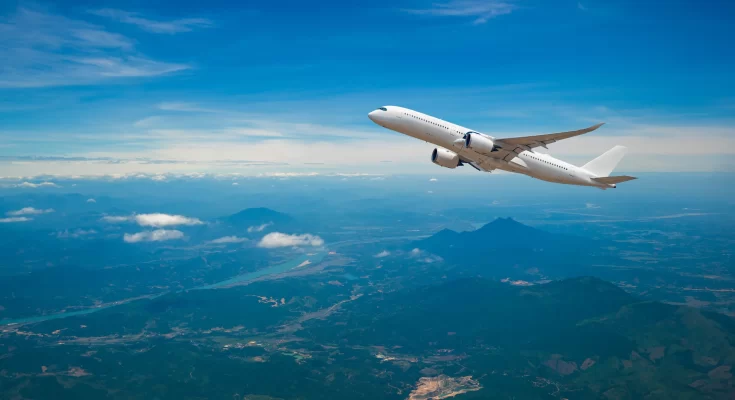Air travel is one of the fastest modes of transportation available, rarely encountering physical obstacles like mountains or rivers which impede vehicle travel on land routes.
However, air travel does have its drawbacks as well. These may include:
Speed
One of the chief advantages of air travel is its speed. Planes can cover long distances in short time, making air travel the fastest form of transportation available today. Airlines use this speed advantage to offer convenient and dependable services – something especially helpful for individuals transporting cargo across large distances.
Airline carriers are well known for adhering to schedules and reliability, helping their passengers arrive at their destinations on time. This provides customers with a distinct advantage over other forms of transportation that may experience delays and cancellations.
Unfortunately, larger aircrafts than needed for shorter flights result in excessive fuel usage and emissions of greenhouse gases during takeoff and landing. Direct flights over multiple stop flights can help lower carbon footprint. Furthermore, carpooling or travelling as a group will further decrease average carbon footprint per person and may make your flight less uncomfortable! Finally, flights that include multiple stops might not suit everyone, particularly if they involve morning departure times!
Convenience
Air transport is one of the fastest modes of transportation available to humans, enabling people to cover long distances quickly while simultaneously delivering goods quickly to remote areas. Air transport can also come in handy during emergencies like natural calamities and war, while also serving to facilitate international trade and cultural exchange.
Air travel is highly convenient, as it does not rely on infrastructure and provides direct routes directly to their destinations, making it efficient and cost effective compared to sea or land routes. Furthermore, there are less restrictions regarding packaging cargo.
Air travel may be costly and inconvenient, yet remains the fastest means of long distance travel. Flight prices depend on factors like passenger count and security procedures as well as distance from city centers (e.g. airports can be hard to access by public transit).
Safety
Air travel is widely considered one of the safest forms of transportation. Regulations, training programs and advanced technology help reduce the risk of accidents; yet aviation has seen many tragic accidents like Tenerife airport’s disaster which killed 583 people.
Air transport is an efficient method for moving cargo. It enables goods to reach locations not easily accessible by land or sea transport and makes customs formalities faster and simpler. Therefore, selecting an airline with an excellent reputation that offers quality services is of utmost importance.
Air travel can be costly, and the costs associated with operating airports and aircraft are passed along to passengers and shippers. Furthermore, its success depends on weather conditions such as fog, rain or snow – potentially dangerous when combined with emergencies like pandemic or political instability.
Cost
Air transport offers an efficient means of travel that allows people and cargo to quickly relocate from one place to the other in short duration, as well as convenient for trade, tourism and connecting remote communities. Unfortunately, however, air transport can be relatively costly due to investment requirements for purchasing aero planes and building aerodromes as well as its susceptibility to weather conditions which may cause cancellation of flights and other issues.
Plane travel isn’t exactly friendly on the environment as planes consume large amounts of fuel during takeoff and landing, occupying space that could otherwise be used by passengers and cargo, and cost more than driving a car. Furthermore, flying often necessitates travelling at unsociable hours (most planes take off either early morning or late evening). Furthermore, operating aircraft requires professional pilots that make this option even more costly.




